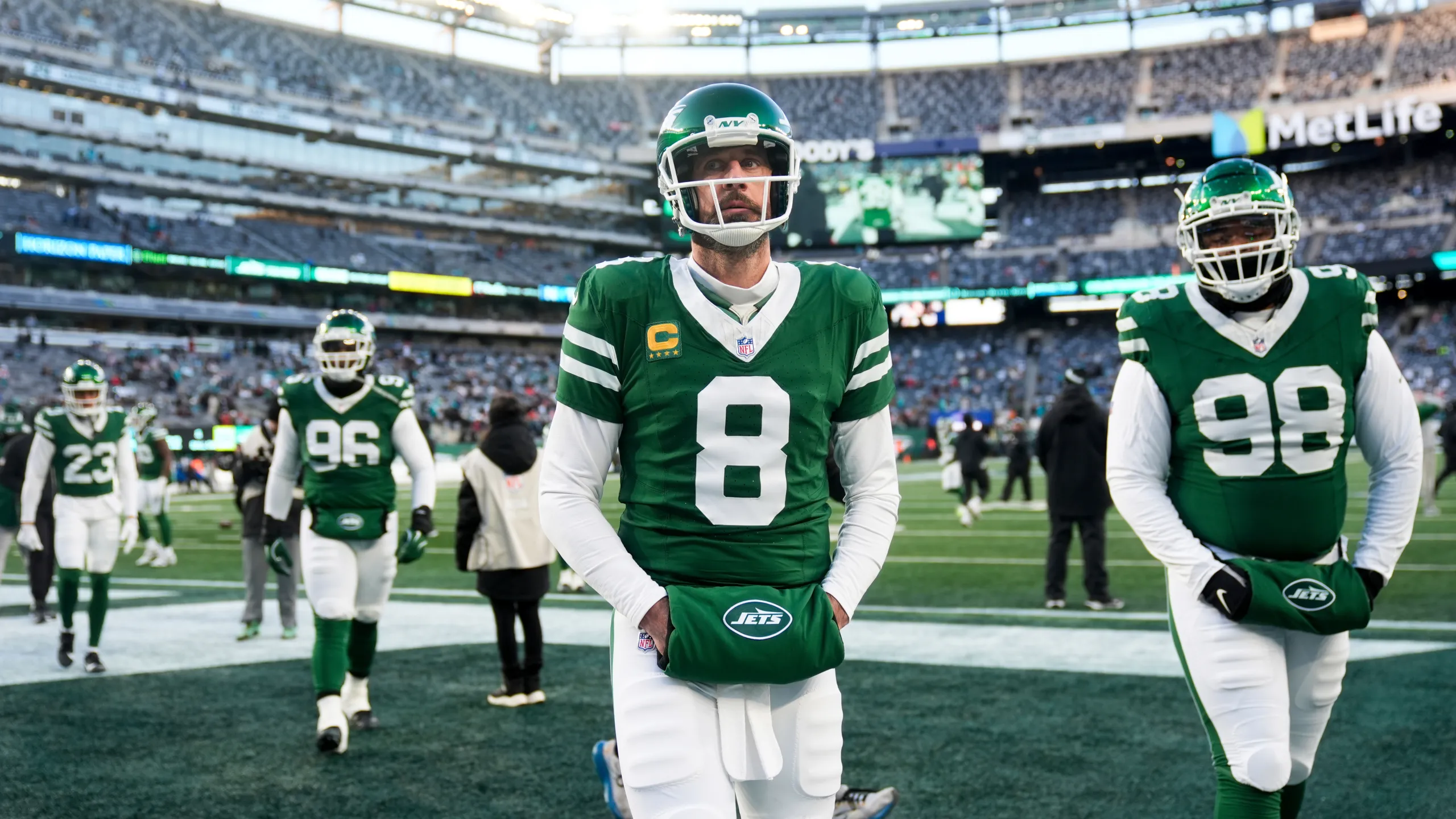In August, Pennsylvania Sports betting handle reached record levels. Sports fans in the
Keystone State wagered $365 million, more than three times the amount spent in the same
month last year. It was also more than double the amount spent in July, which in itself was
85% more than the previous month.
The previous record was set in January 2020, when total wagers reached $348.4 million.
Then in September, the record was beaten again, with almost $463 million staked on games.
An impressive 26.8% increase from August.
Things didn’t slow down in October either, according to a Pennsylvania Gaming Control
Board’s revenue report, the total amount wagered smashed through the half a billion dollars
mark, reaching $525.8 million.
Long Journey to Get Here
These figures were not achieved without a lot of work. The state has been on a journey
lasting five years to reach this point.
After three years of campaigning and work by lawmakers in the state, sports betting was
legalized in Pennsylvania in November 2018, just a few months after the Supreme Court
struck down the Professional and Amateur Sports Protection Act. The first wagers were
made at the Hollywood Casino at Penn National Race Course on the 17th of that month.
It wasn’t until May the following year that the first online sports betting sites launched in the
state, but since then, many of the biggest names in the industry have piled in, each hoping to
build a strong market share in the Keystone State.
What are Pennsylvania’s Betting Rules
Pennsylvania’s rules are quite liberal when compared to some other states that have
legalized sports betting. Wagering on all professional sports, college sports, and
international events are permitted, and there are no requirements for the person placing a
bet to permanently reside in the state.
The only requirements are that the person must be over 21 and not included on a self-
exclusion list.
Not All Sports Enjoying the Same Growth
The start of the new NFL and NBA seasons, as well as the playoffs for MLB, the NHL, and
MLS all helped to boost the revenues of sportsbooks. In the run-up to the Super Bowl early
in the new year, NFL wagers are set to increase dramatically and will likely break new
records again then.
Horse racing in Pennsylvania also remains popular among bettors, though legalization of
wagering on other disciplines has put pressure on the sport. In 2019, Pennsylvania’s six race
tracks saw a 10% decline in their taxable revenues, though this trend has been seen across
the entire country and isn’t unique to the state.
Elsewhere in the world, the United Kingdom actually saw a small increase in revenues over
the same period, reversing a long trend. This is likely down to an increased number of online
bookmakers and better access to horse race betting tips for fans. This is something the PA
industry might want to emulate.
Record Handle Does Not Guarantee Record
Profits
Sportsbooks in the United States are spending a lot of money to promote their services. As
the industry is relatively young, there is a lot of competition to build market share. This sees
most brands offering generous free bet and risk-free bet promotions to new customers.
August and September’s record handle is partly down to companies competing hard during
the busy months of season-opening games and playoffs.
Sportsbooks pay tax on their revenues (not the amount wagered), this is often called Gross
Gaming Revenue (GGR). With operators competing hard, it means that “promotional credit”,
which is subtracted as a cost, rose sharply.
For example, in July 2020 total promotional credits across the state were $5.5 million. In
September, these had increased to $12 million.
This means the tax paid to the state was lower in August and September, despite the record
number of bets.
Record Revenues in October
After two months of lower revenues, October set new records, with a total GGR of almost
$48 million, more than the previous two months combined.
This netted the state $12.5 million in tax, with a further $735,500 being allocated in “Local
Share Assessment”, which is a contribution to each casino’s local county.
Overall, Pennsylvania’s sports betting industry has been enjoying record growth in the last
few months, a trend that doesn’t look like it will slow down any time soon.







Leave a Reply